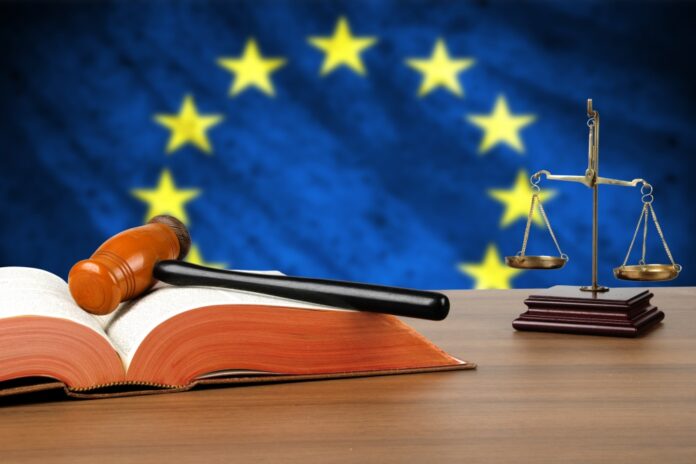Will legislation innovation force Big negotiation?
European telcos think they could be about to win their decade-long fight to make the content oligarchs Big Tech pay for network costs, according to news site Investing. It claimed that EU regulators are sympathetic with the aggrievance of European mobile operators, according to Reuters’ industry and regulatory sources. However, some said this could just be the end of the beginning in a long legal battle.
The dispute in a nutshell is that the six largest content providers account for just over half of the data traffic that is catered for by the telcos. The accused, namely Google, Netflix, Meta, Amazon, Twitter and Microsoft have rejected the idea of a contribution as an ‘internet traffic tax’. A spokesman from one company said it was a bid by Europeans to appropriate money from one industry to support the old guard. Americans innovate, Europeans legislate is the recurring theme in any US analysis of the issue. Many feel that the EU Digital Markets Act has wrong footed the US and punished them for their superiority.
Reuters said it has four sources ‘familiar with the discussions’ who believe the EC’s 27-country bloc has a new chance to set a global standard on network costs. “The situation that was unfair 10 years ago today is simply unsustainable,” a telecom executive told Reuters. “What has changed is that for the first time we are doing it all together.” However, one Euro-Telco critic told Reuters the mobile operators were ‘demanding a subsidy’ from other sectors and that their demands are: “extortion, not economics.” There is a precedent for a telco toll because Netflix and SK Broadband in South Korea worked out a compromise on fair cost recovery for network usage.
EU legislation providing a means to recover costs could result in a 3-billion-euro ($2.93 billion) annual windfall for the telecoms industry, according to Barclays. EU industry chief Thierry Breton has said he will seek feedback from both sides before drafting legislation. Telecom executives said this is the clearest sign that the sector may be winning over regulators. “Once they start a thing like this, it means it goes ahead and that it is serious. This was an untouchable taboo six months ago,” said a telecoms industry source.
They are kidding themselves, according to the GSMA. “There is a huge imbalance in negotiating power as Big Tech has no incentive to come to the table at all right now,” said a spokesperson for the GSMA. “So we need a legislative mechanism that makes them do that.”
The commission is working to make sure all actors involved in data flows contribute to the financing of connectivity infrastructure, without undermining the concept of open internet, according to these sources familiar with the matter.
Matt Brittin, Google’s EMEA president has argued that this will disrupt the bloc’s net neutrality or open internet access and hurt consumers. However, telcos interviewed by Reuters said there is no plan to block traffic. Any payment to telecom operators could be restricted to only large content providers exceeding a set threshold, according to three Reuters sources. A small company would not have to pay anything, they added. Analyst John Strand of Strand Consult said last week that the net neutrality argument is a smokescreen.
Some providers want to negotiate with tech companies on market-specific deals, rather than make a blanket deal, the sources said. The Big Tech companies argue that they invested billions of dollars on building data centres, subsea cables and endlessly refining the delivery technology to maximise efficiency. “We operate more than 700 caching locations in Europe, so when consumers use their internet connection to watch Netflix, the content doesn’t travel long distances,” a Netflix spokesperson said.
Europe’s mobile network operators are faced with the dilemma of funding a 5G build out, which is likely to cost tens of billions of euros, while struggling to pay off huge debts. While funding has been raised by selling off their passive assets as, say, tower companies, they still need billions in order to fulfil EU goals of having 5G everywhere and Gigabit home connections by 2030.
DT’s debt is currently over €100 billion while Telefonica owes €40 billion. Two Reuters’ sources from inside the EU said that any new EU law would likely have constraints to make sure the money goes into the network, and not to pay down debt.



